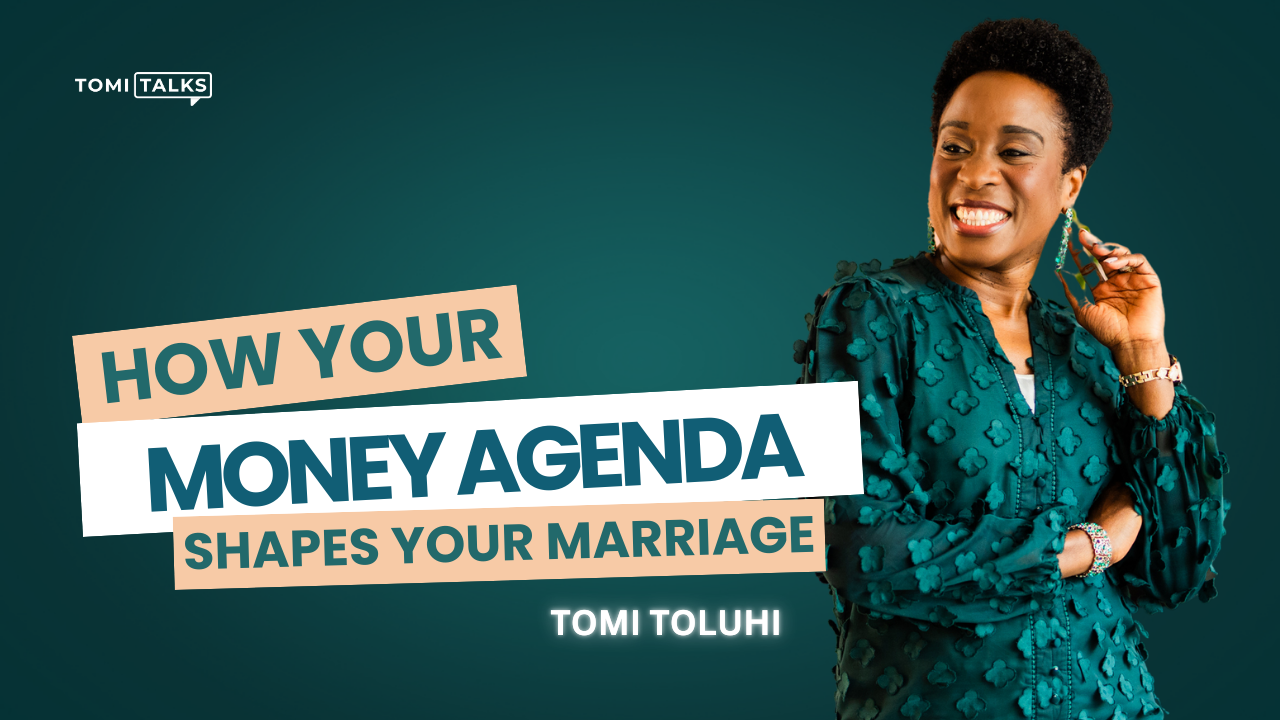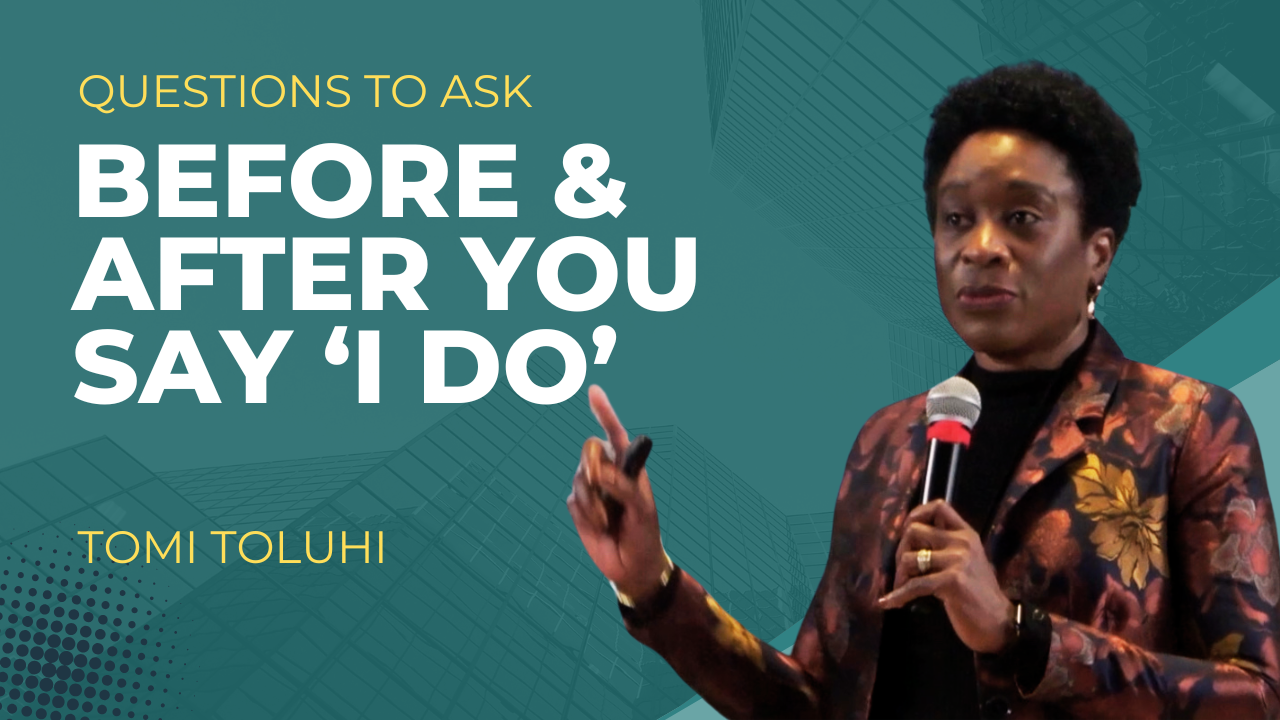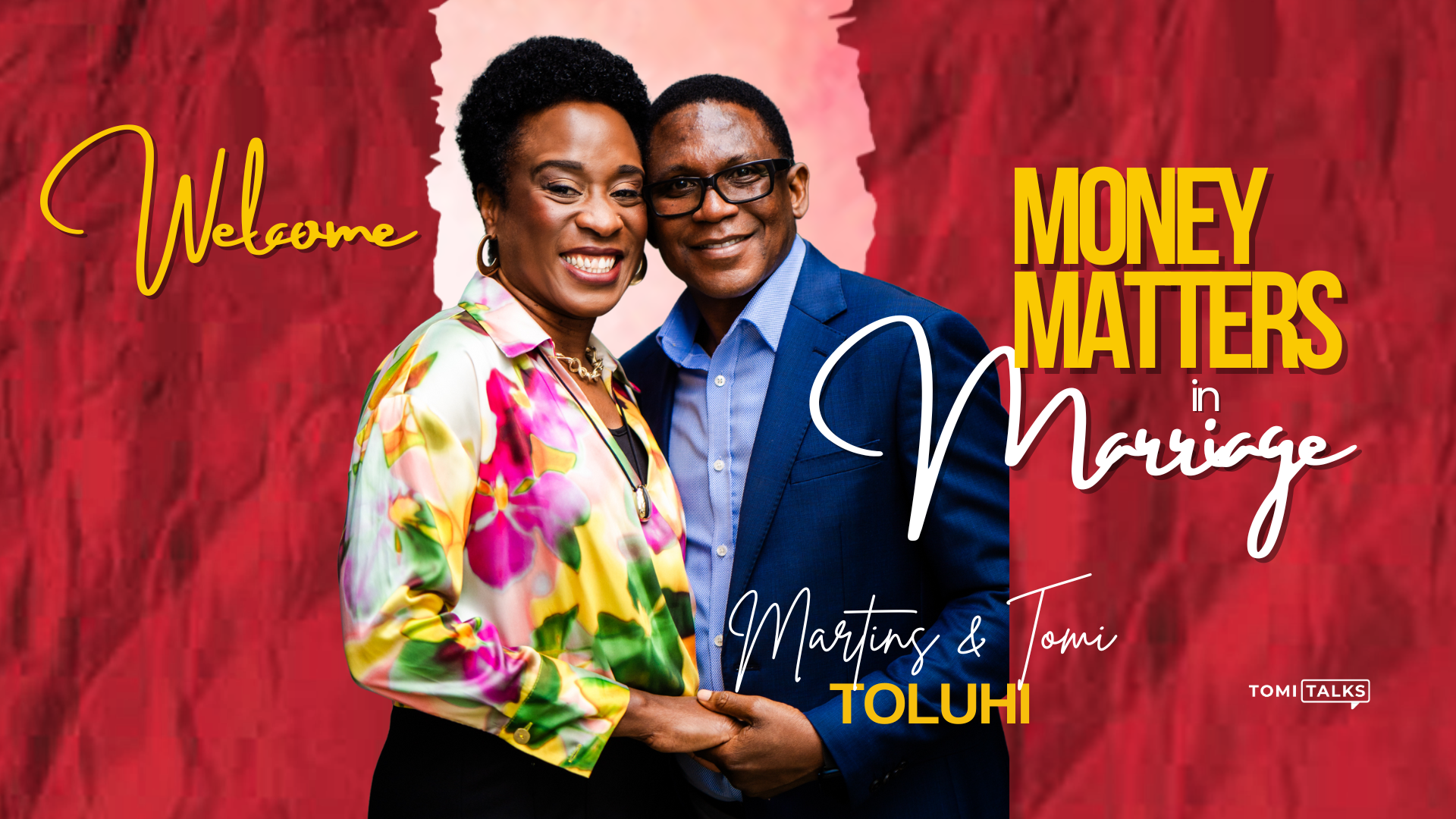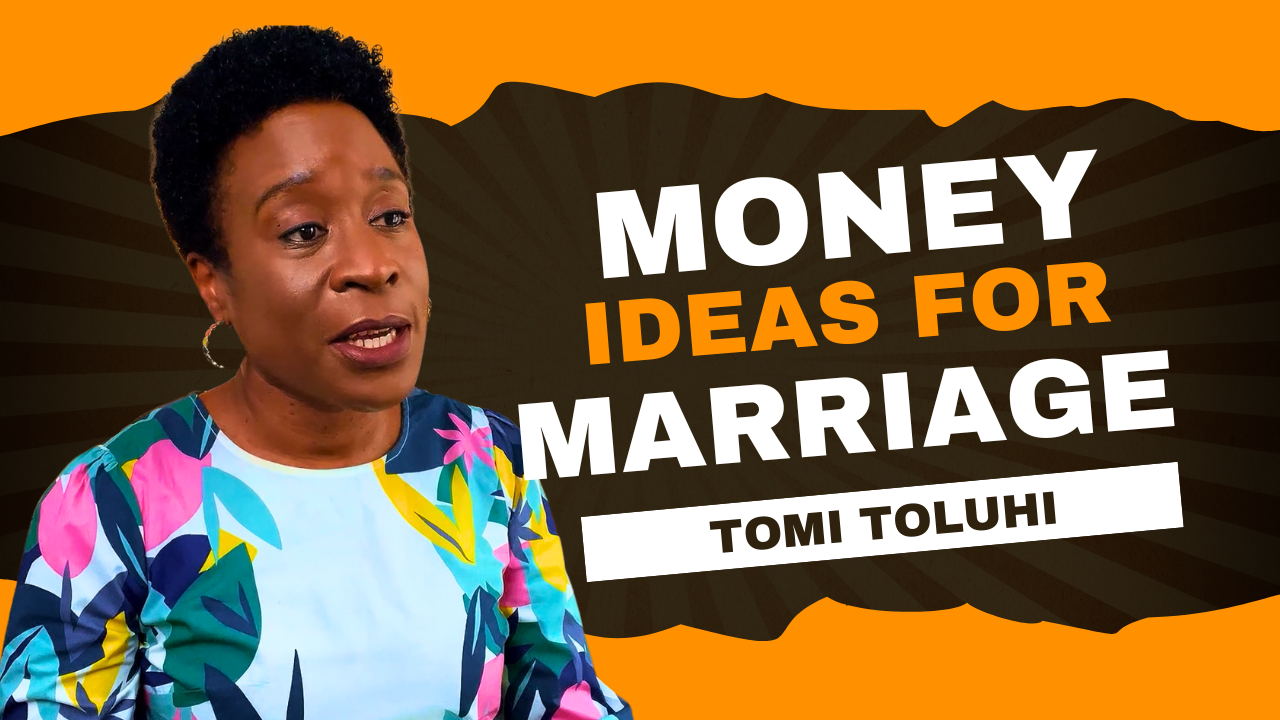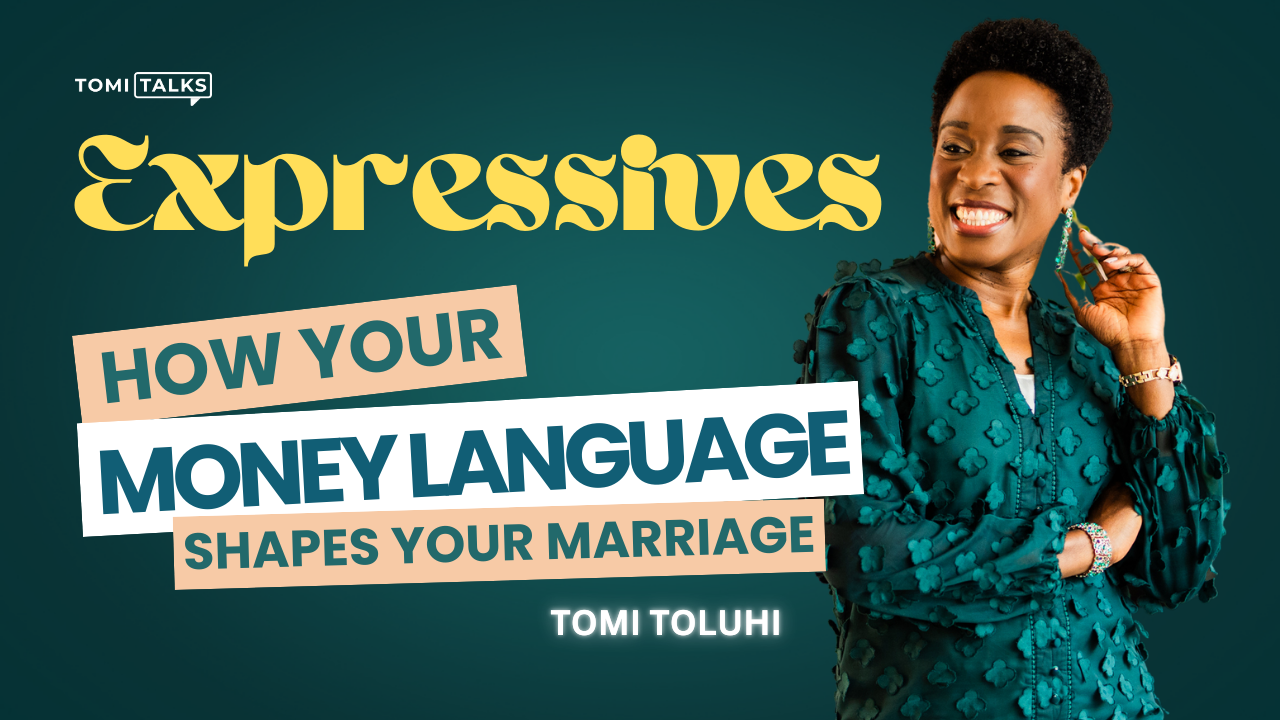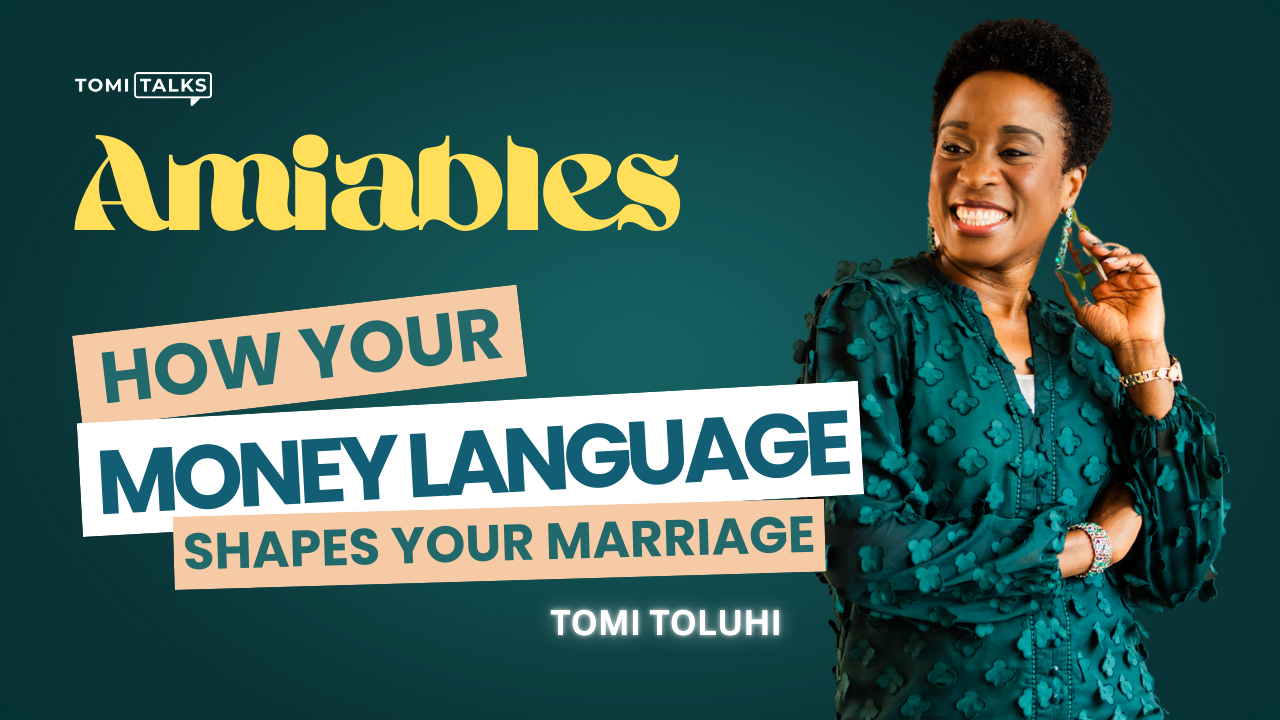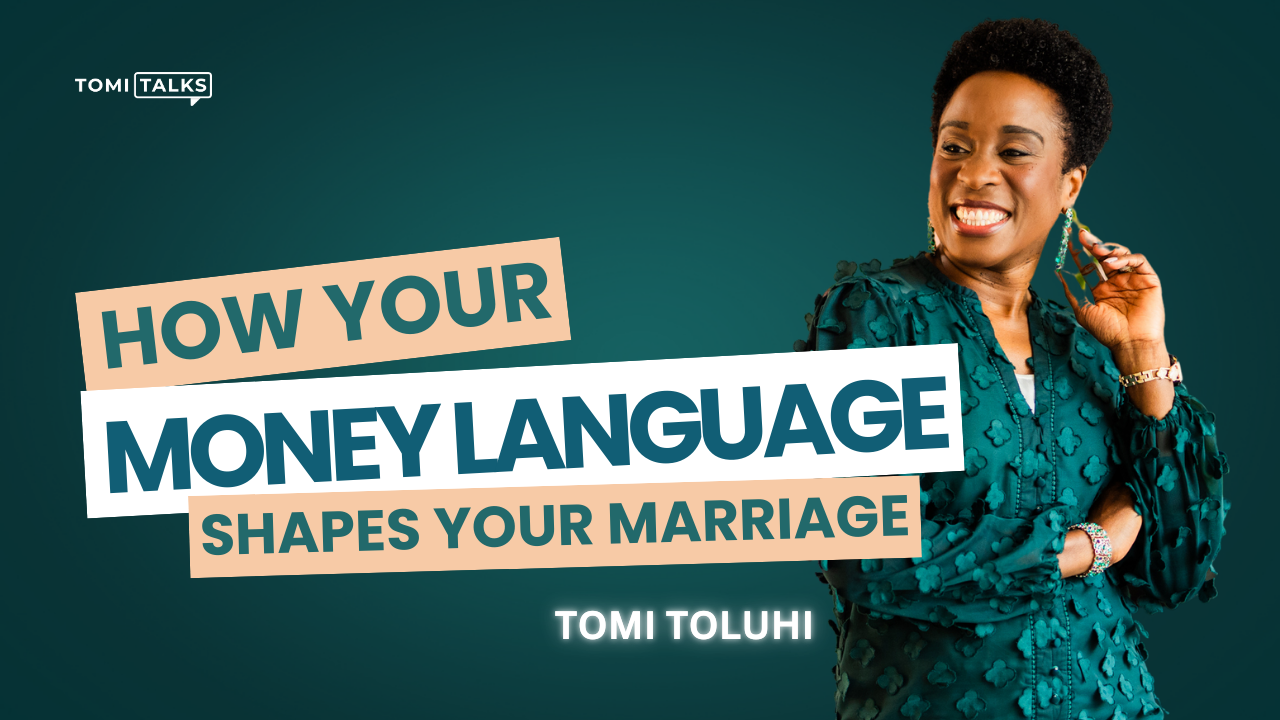Do cross-cultural marriages work?
A century ago cross-cultural marriages were more of an oddity than a reality for most of the world’s population. Rarely did people meet, much less marry, someone from a different nation or ethnic background. Fast forward to the present time and the term ‘global village’ is now much less an ideological construct and more of a daily life experience for most of us. The twin forces of technology and travel have conspired to make our world smaller with every passing day with a corresponding rise in people crossing ethnic and racial divides to find love. So what is the prognosis for cross-cultural marriages? Some people are utterly convinced that they are good for humanity and promote tolerance while others can only see the attendant risks of marrying someone whose life experiences are so different from yours.
In my experience, both views are partly right and partly flawed. There is no doubt that a cross-cultural marriage can enrich a person’s world, broaden their horizons and open them up to new experiences. Many cross-cultural marriages are beautiful tapestries of colour which are a pleasure to behold. The cross-cultural marriages that don’t make it are the ones where the partners either underestimate or minimise their differences and therefore do not make the required adjustments that would have helped them to succeed at marriage. Marriage in itself is complex enough where a couple shares a similar world-view. The additional layer of complexity that results from different cultures must be acknowledged, brought to the fore and tackled with wisdom from the inception of the relationship right through to the wedding and the marriage thereafter.
Culture is a crucial aspect of our make-up as humans; it is a filter through which we view and interpret our world. Culture shapes our preferences, attitudes and tolerances. Its influences range from what we prefer to eat and what we wear to more fundamental issues like our view of gender roles, child-raising strategies, money attitudes and family dynamics. A couple will need to navigate these differences skilfully in order to forge a common identity which honours their individual cultural heritages.
The scriptural perspective
There is a common misconception that God is against cross-cultural marriages. While there are some warnings in the scriptures against inter-racial marriages for example in Exodus 34:10-17, it is quite clear that God’s emphasis was on protecting the spiritual integrity of His people as most other nations at the time worshipped idols. The scriptures are unequivocal that God does not support a believer marrying someone who is not a follower of Christ (2 Corinthians 6:14). Solomon was a vivid example of what can go wrong when we flout this clear instruction for marriage. He married several non-Hebrew women who worshipped idols and drew his heart away from God. However, if we look closely at scripture, we find several cross-cultural marriages which God approved of and blessed. Moses married Zipporah, a woman from Ethiopia. His choice did not go down well with his siblings, Aaron and Miriam, and God dealt sternly with them for their criticism of him. Joseph married Asenath, an Egyptian woman, and her sons, Ephraim and Manasseh, were the progenitors of two of the twelve tribes of Israel. Boaz married Ruth, a Moabite, who is mentioned in the lineage of Jesus. Galatians 3:28 (TLB) makes it clear that our faith in Christ tears down all the differences that divide us. ‘We are no longer Jews or Greeks or slaves or free men or even merely men or women, but we are all the same—we are Christians; we are one in Christ Jesus.’
Navigating family differences
The first hurdle that many cross-cultural couples face is convincing their families that their proposed marriage is a good thing. Depending on how tolerant their families are, this can either be a breeze or a battle. The reality is that we tend to be suspicious of anything we don’t understand and culture is no exception. Prejudice arises when we prize our own practices and somehow conclude that our cultural background is superior to someone else’s. Added to this you might have to battle through cultural stereotypes and preconceptions of what your partner must be like because of their cultural background. If your family has difficulty adapting to the idea of you marrying someone simply because they are from a different culture, rather than ignoring their objections your task will be to carry them along and help them to see the positive side of those differences. This is of course easier said than done but ultimately the benefit of having parental support on both sides far outweighs the potential delays you will likely face while navigating this phase. Be patient, be prayerful, and look for allies within your family who can put in a good word to persuade your parents. If you are the partner who is being rejected on cultural grounds, rather than taking those objections personally rise above them and make it your mission to get close to your partner’s family so that they can get to know you. This will help to dispel fear and suspicion over time because they will begin to see you for who you are rather than just as a person from a different background.
Conflicting expectations
One of the most challenging aspects of cross-cultural relationships lies in differing expectations of how a man and woman should relate within the context of marriage. Conflicting expectations can arise in any aspect of the relationship. Our perception of the role of each spouse in a home is shaped by our culture to a large degree and could become a bone of contention; a woman who grew up in a culture where men are seen as the provider and breadwinner, who expects to be able to stay home and nurture her children, marries a man who expects her to work and share the financial responsibility of the home while he shares in the upbringing of the children. A couple may have conflicting expectations of how to relate to each other’s families – some cultures are more family-oriented and close-knit while others favour an independent lifestyle with little interaction with extended family. Culture also shapes our understanding of how children should be raised, our view of discipline, and how much involvement we expect to have in our children’s decision-making process as they grow older. It is crucial that you take time to talk through your differences before you marry, with an understanding attitude that seeks to embrace those differences rather than criticise them. Your partner’s way may be different but that doesn’t make it wrong so you need to be open to some adaptation on both sides so that you can forge a common perspective based on Biblical standards. Cross-cultural marriages can be positive and beautiful if approached with ample doses of wisdom and tolerance. The couples that make it are usually the ones who are open to learning and embracing new ways of thinking and doing things.
